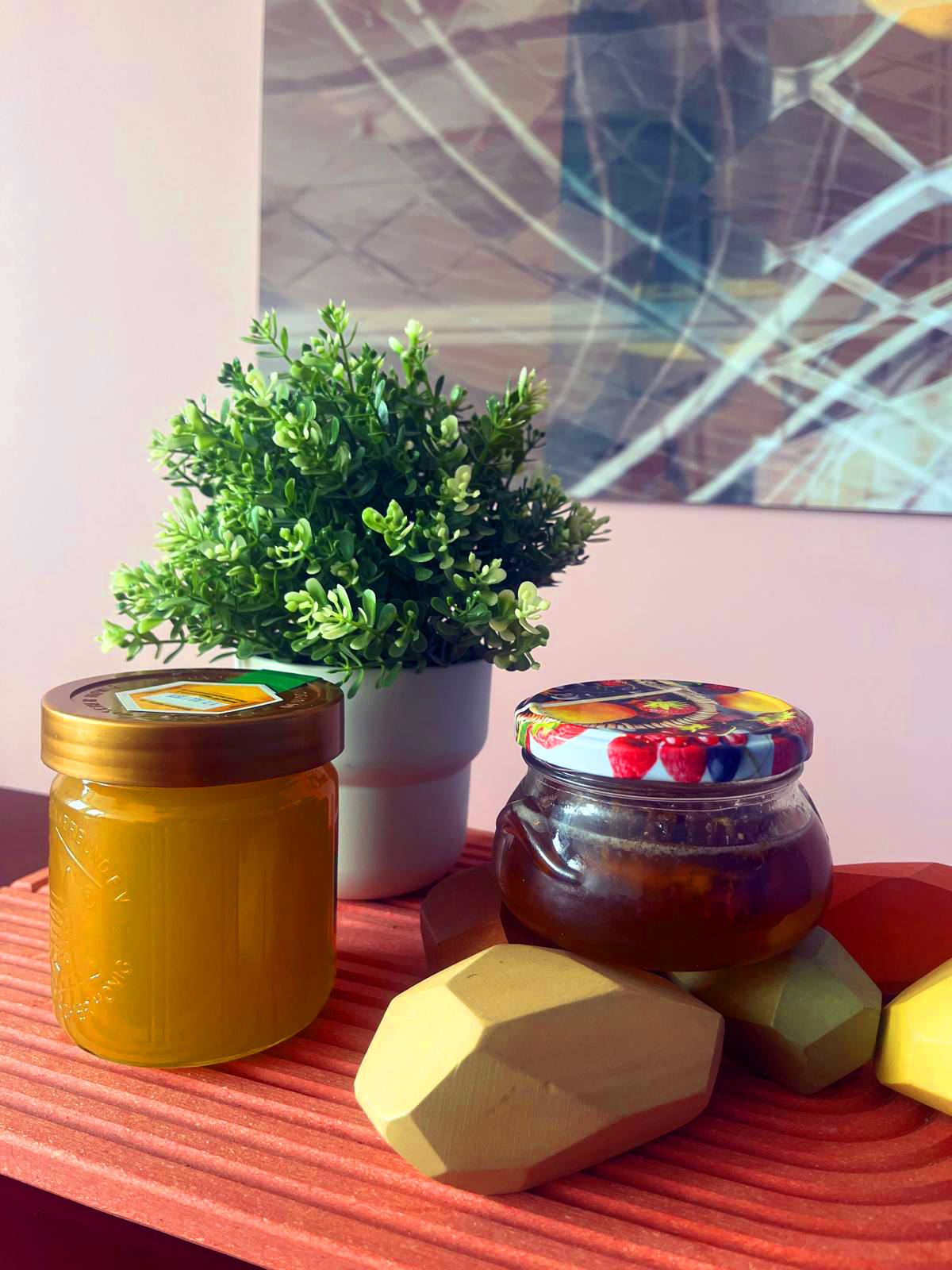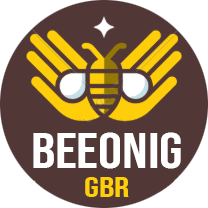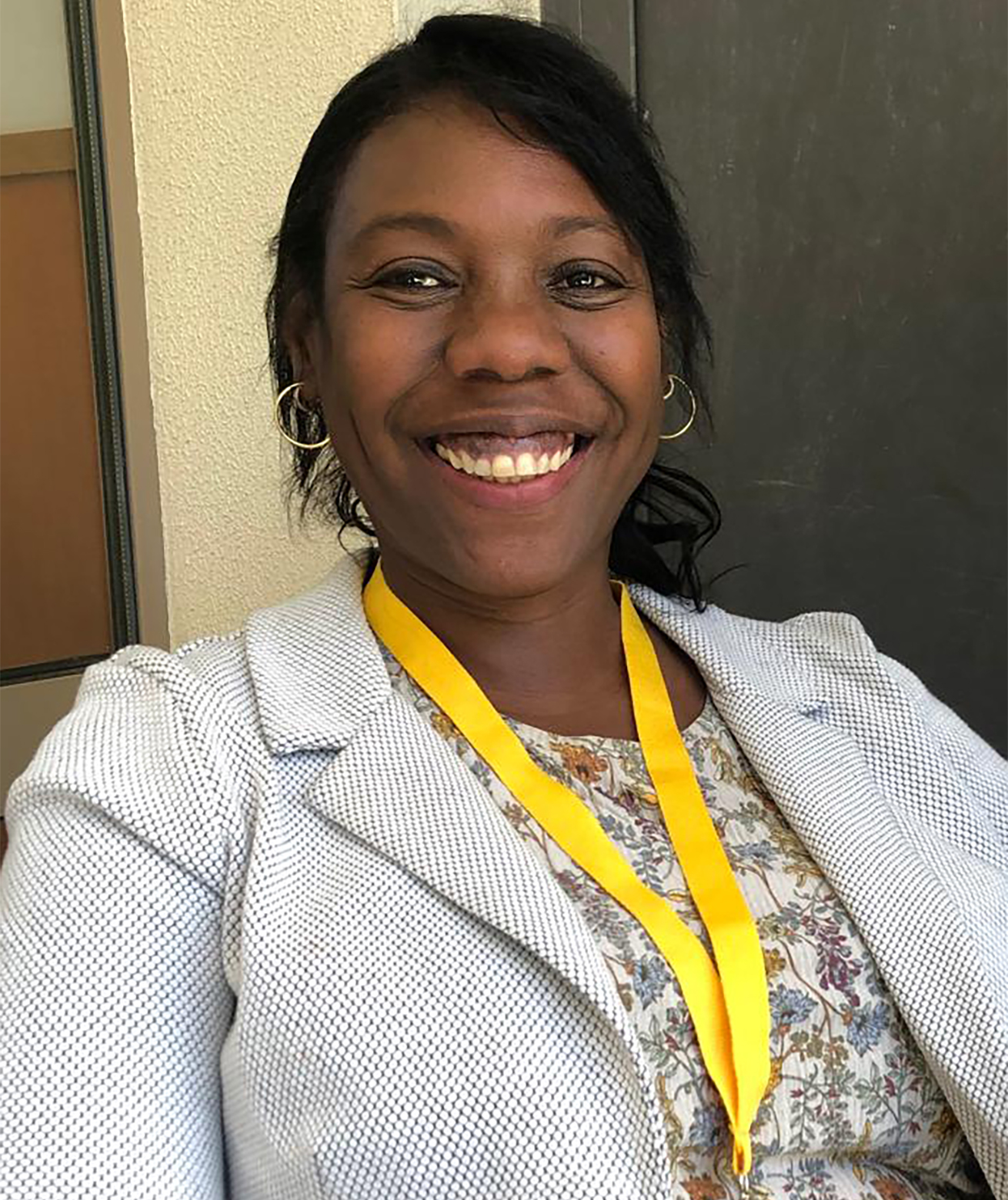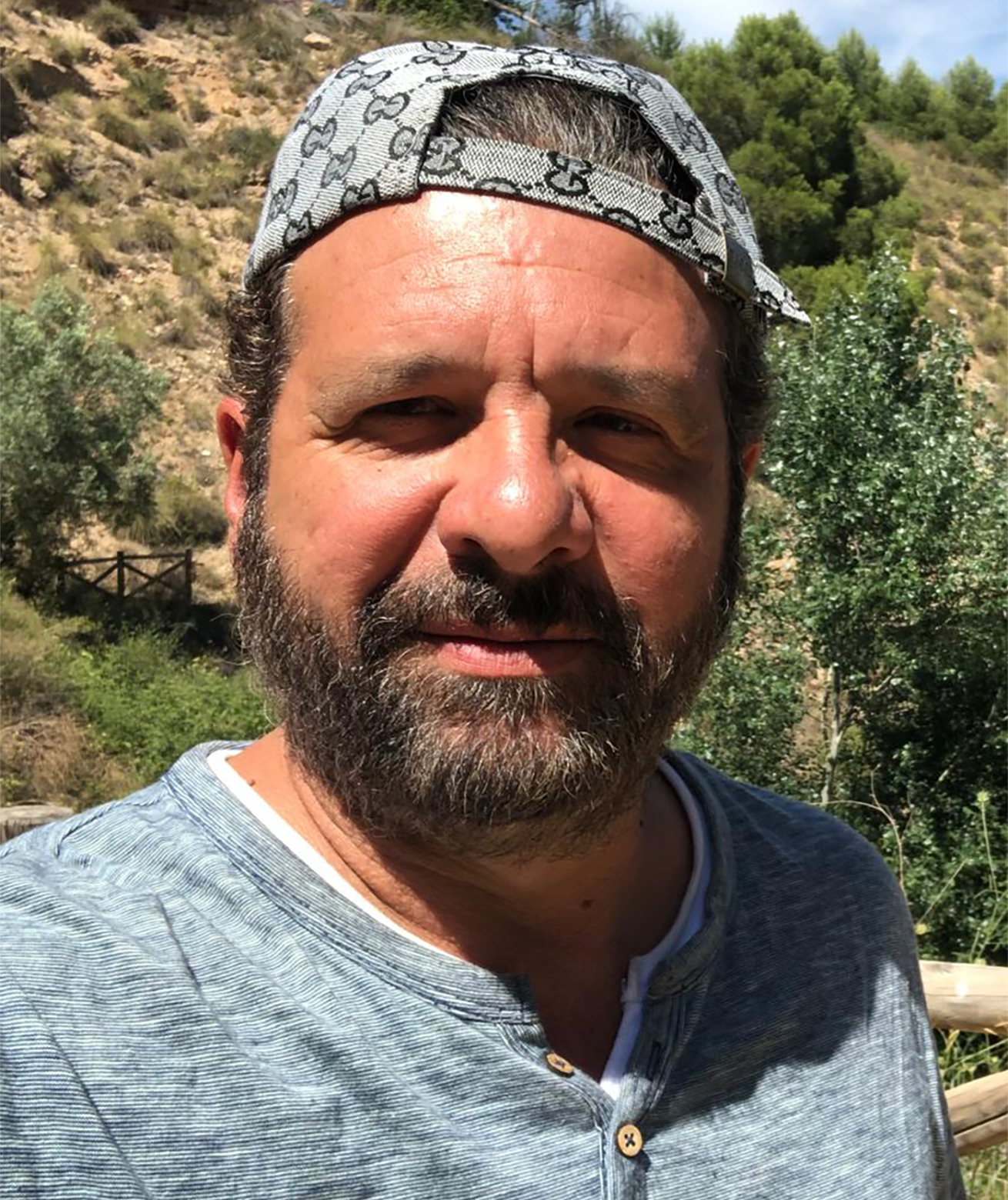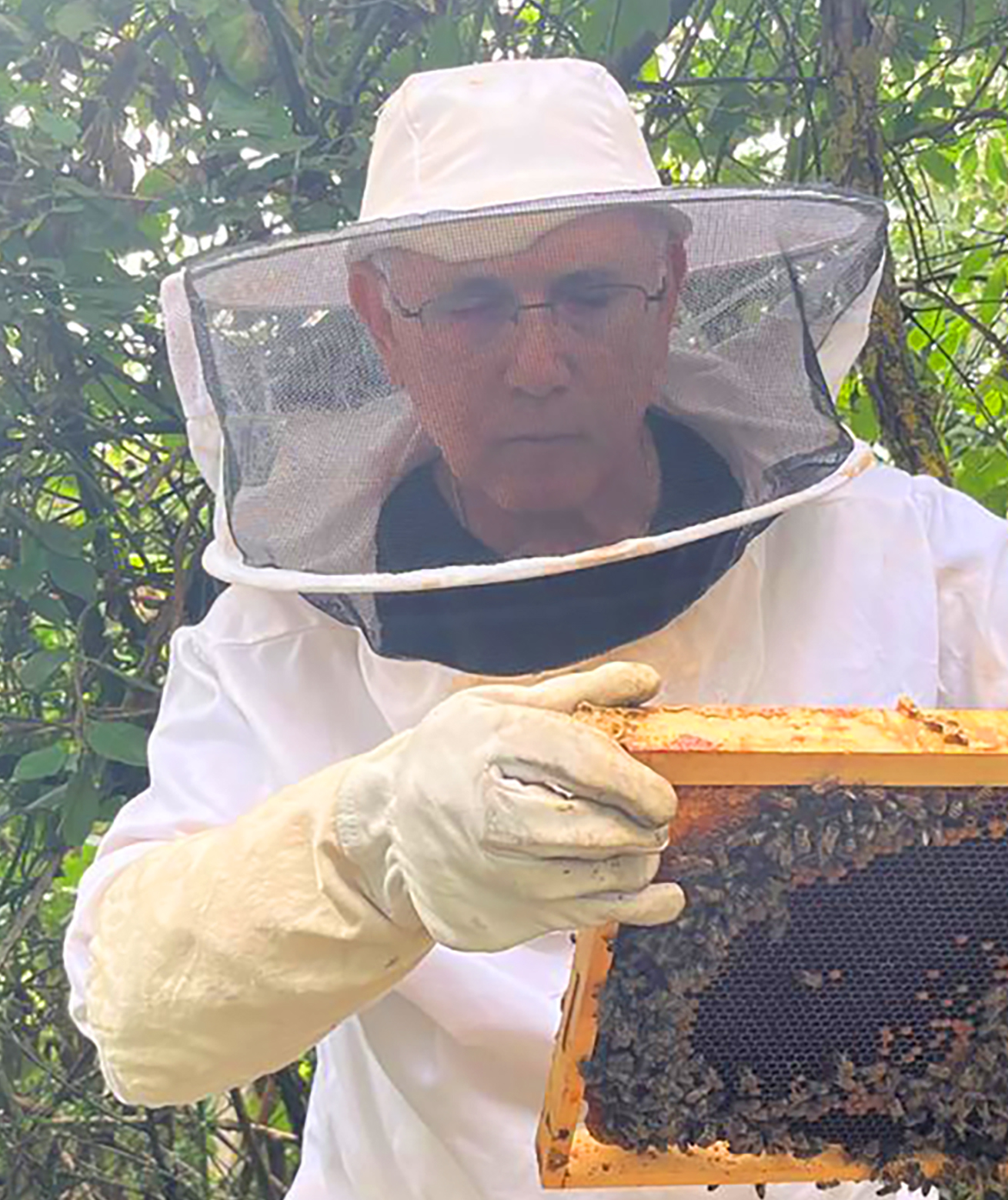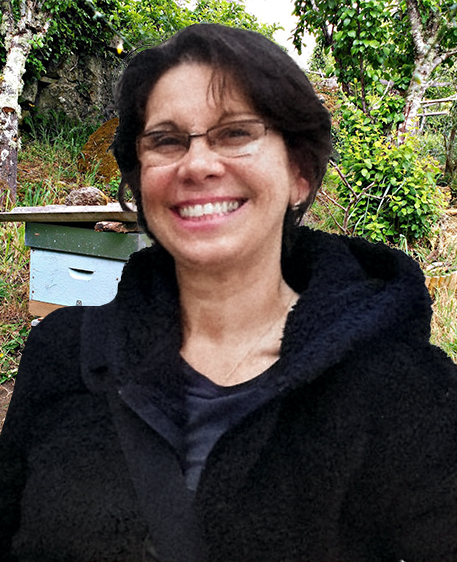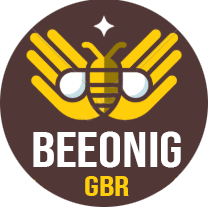We are focused on bee health and innovation in beekeeping.
Combination of microbial biotechnology and beekeeping
BeeOnig and microXpace are collaborating to develop an innovative feeding solution based on heat-inactivated bacteria, applied for the first time to bee health. We already have a first product candidate, rich in Alpha-Gal glycans, that could stimulate bees’ immune systems and protect them against various parasites.
We are about to begin testing, with the goal of offering a sustainable and effective tool to strengthen colony health and resilience.
Innovative technology
We address the bee health crisis and the limitations of traditional beekeeping.
Microbiome Applied to Bee Health
We leveraged microXpace's expertise in fermentation to develop a next-generation probiotic supplement for bees.
Development of probiotic products
We will develop and produce a microbial supplement for bees as a commercial product.
We are a beekeeping company that addresses a global problem with innovative technology.
2+ Years of Sustainable Farming Excellence
+1 Technology Partner
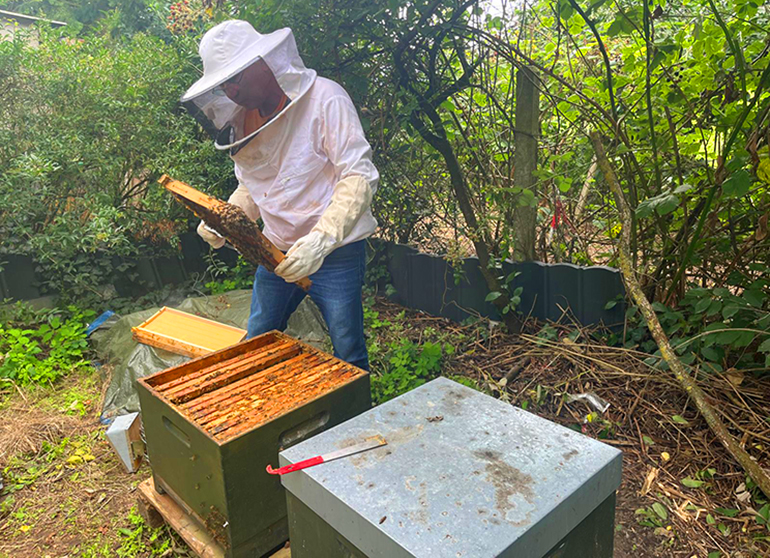
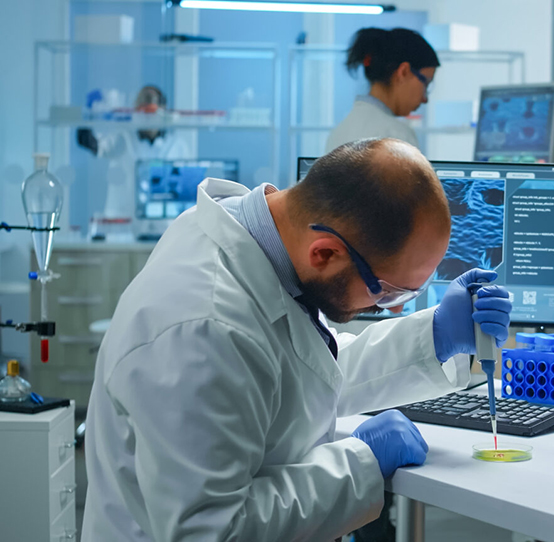
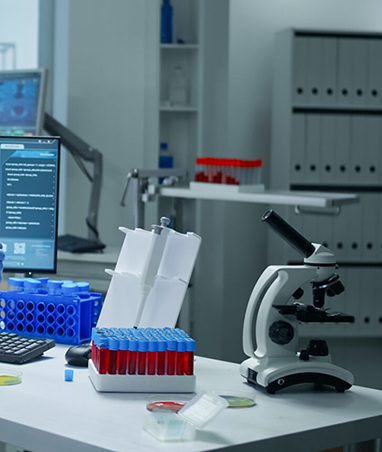

2019
Built in 2019
Our journey began with a small patch of land and a deep respect for nature. From day one, we committed to natural, chemical-free farming. Our farm crew members have dedicated our lives to practicing symbiotic relationships with the land to meet the needs of the community. Since 2025, we have been technology partners of microXpace – a DeepTech company recognized by Bpifrance, specializing in microbial fermentation applied to animal nutrition.
BeeOnig and microXpace are collaborating to develop an innovative feeding solution based on heat-inactivated bacteria, applied for the first time to bee health. We already have a first product candidate, rich in Alpha-Gal glycans, that could stimulate bees’ immune systems and protect them against various parasites.
We are about to begin testing, with the goal of offering a sustainable and effective tool to strengthen colony health and resilience.
2024
Started growing 2024
We are beekeepers who began our harvesting work in 2024, the year in which we took our first steps collecting honey and other hive byproducts such as pollen, propolis, and wax. Since then, we have worked diligently to offer natural, high-quality products, always prioritizing the well-being of bees and caring for the environment.
2025
Various hive systems 2025
We are beekeepers dedicated to the care and study of bees, working with different types of hives such as Dadant US, Langstroth, and Zander. Each model offers us particular advantages for breeding, management, and production, allowing us to adapt our practices to the needs of the colonies and environmental conditions.
In addition to producing honey and other bee products, we are passionate about observing and understanding the natural behavior of bees: their social organization, communication within the colony, and interaction with the environment. This constant observation helps us make more responsible and sustainable decisions, ensuring the well-being of bees and contributing to the conservation of pollinators.
Every day, we learn from them and strive to ensure that our work contributes to the well-being of the colonies and the protection of these pollinators that are so important to life.
2024
Technology partner from MicroXpace 2024
We are co-developing post-biotics with MicroXpace. They bring fermentation, inactivation, and quality analytics; BeeOnig contributes telemetry, causal analytics, and dose-timing policy. Together we will run fast, data-driven design-of-experiments in real apiaries so winners emerge quickly and the science behind each formulation is field-validated.
2025
Combination of microbial biotechnology and IA 2025
What We’re Asking from the AI Lead?
Your remit is the intelligence and reliability layer. We need an explainable risk forecaster with calibrated probabilities; a recommendation engine that selects the right SKU, dose, and timing for each apiary context and quantifies expected uplift; a robust low-power vision model to count mites on bottom boards; and a causal evaluation framework that separates intervention effects from weather, forage, and management noise. All of this should live inside a governed MLOps/AIOps backbone—data validation, drift detection, human-in-the-loop labeling, model cards, lineage, and GDPR-compliant privacy—capable of running partly at the edge and scaling cleanly in the cloud.
2019-Built in
2024-Started growing
2025-various hive systems
2024-Technology partner from MicroXpace
2025-Combination of microbial biotechnology and IA
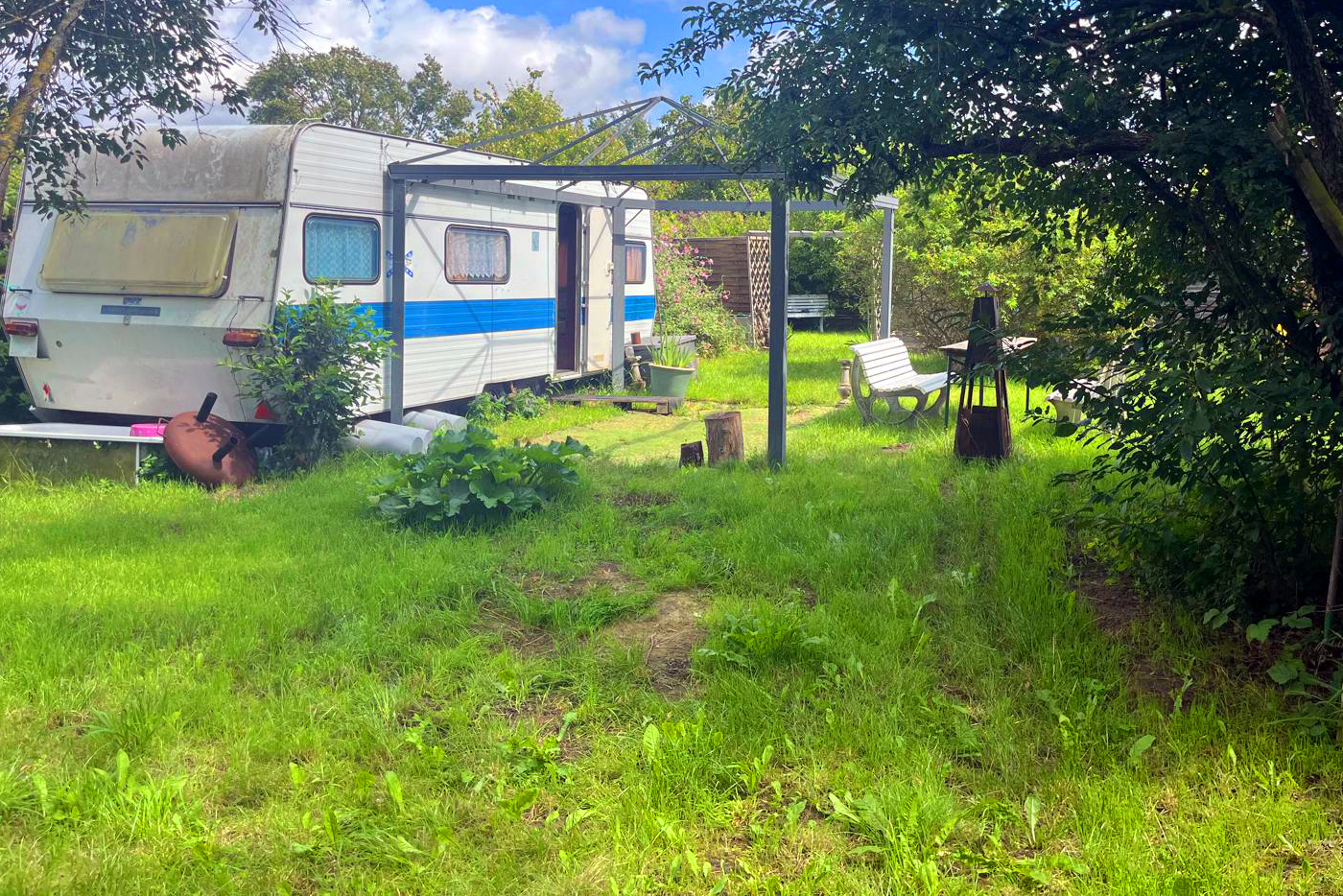
Our Team
Raquel Paul
Gerardo Avila
Onelio Leon
Lissette Cruz
100% Pure Honig. Farming for a better fit future
Pure honey offers several health benefits due to its natural properties. Additionally, pure honey has been shown to have anti-inflammatory properties and can help improve sleep quality.
- Honey is known for its ability to soothe coughs and relieve sore throats, especially in children.
- Honey can help balance intestinal flora and improve digestion.
- Honey is rich in natural sugars such as fructose and glucose, which provide energy to the body.
